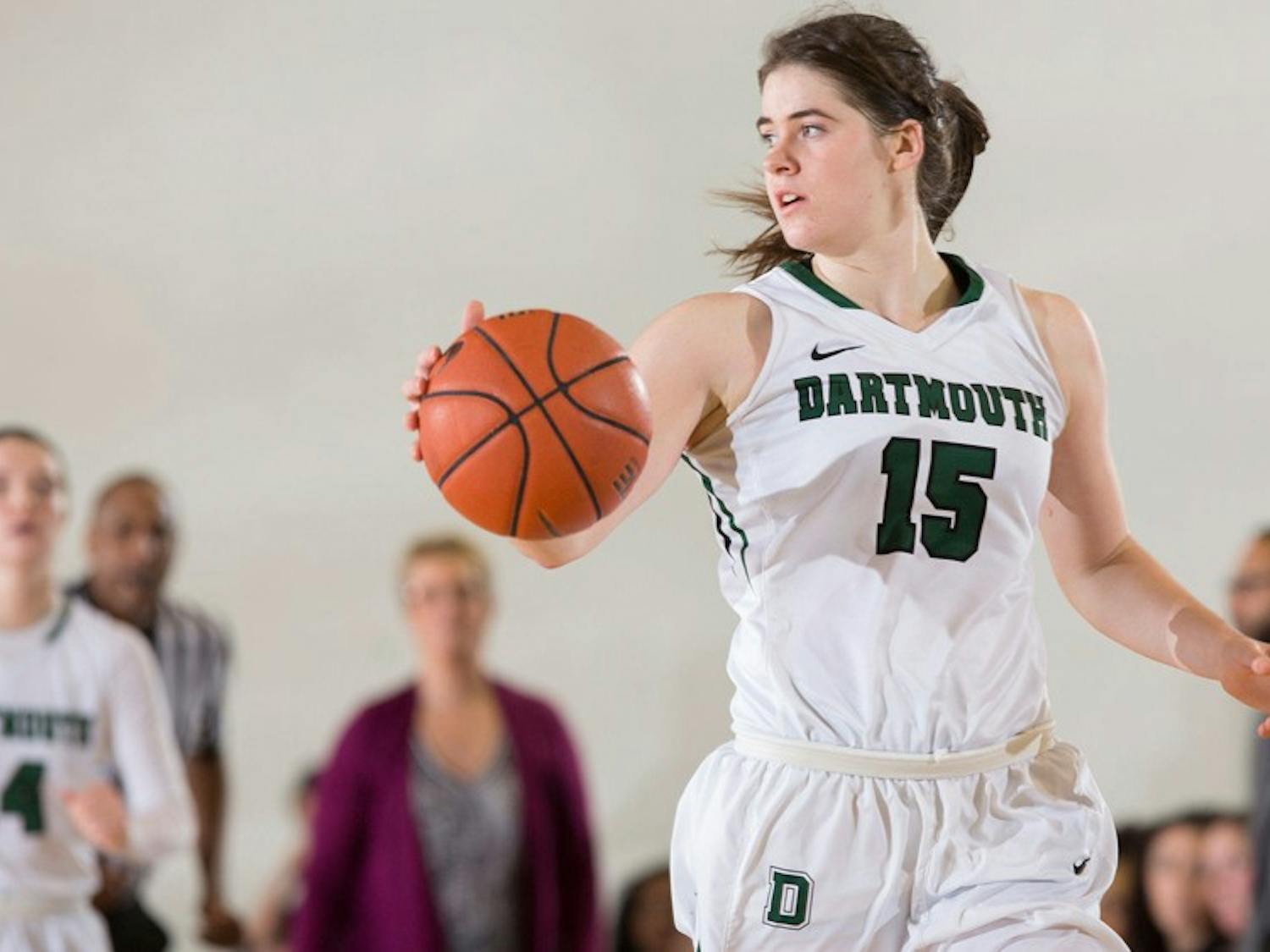News
This week marks the beginning of a series of mini-seminars hosted by the house communities. Each house community will offer several seminars on various topics, such as climate change, emotional intelligence and exploring autobiography through comic books.
Dean of the College and current initiative leader Rebecca Biron said the mini-seminars aim to provide opportunities for intellectual engagement outside the classroom.
“The idea is that they will be informal, low-stakes and brief and will allow faculty, staff and students to think together through a topic that they may not have a chance to work on together in the formal classroom,” she said.
South House professor Kathryn Lively said in an email statement that the mini-seminars offer a more casual way for students to interact with their peers and faculty.
As the program is being offered by the residential housing system, participating faculty members were divided up by house.







